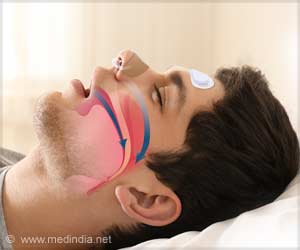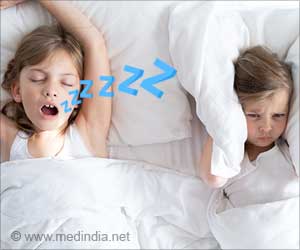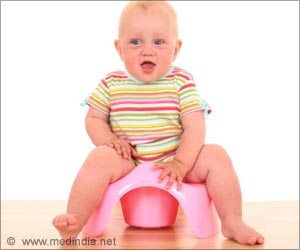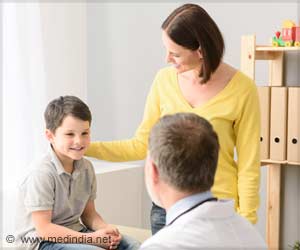Children with sleep apnea are more likely to develop hypertension in their teenage. However, the sleep disorder can be treated easily if diagnosed earlier.
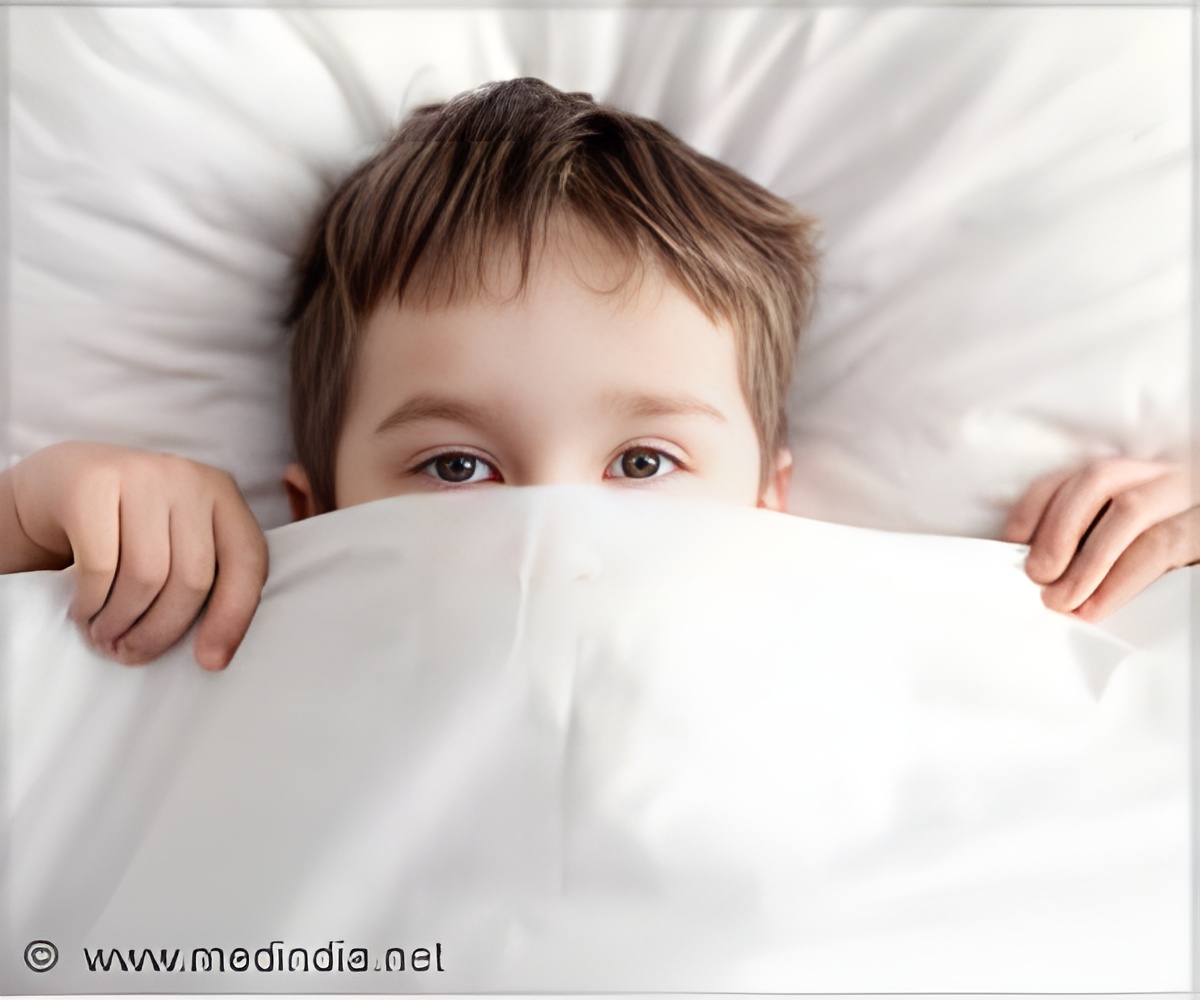
‘Persistent sleep apnea in kids is a critical sleep disorder that might impair their growth and development. Children with sleep apnea are three times more likely to develop adolescent hypertension in the future than their normal counterparts.’





Fernandez-Mendoza, an associate professor at Penn State College of Medicine in Hershey, insisted, "Sleep apnea and its risk factors should be screened for, monitored, and targeted early in life to prevent future cardiovascular disease." Monitoring the sleep disorder
At the start of this study, the researchers enrolled 700 children aged 5 to 12 years and monitored them in a sleep lab. Then they conducted a follow-up study after about seven years with 421 participants in their adolescent period.
All the data analyses were completed during 2020. The team used polysomnography, a classical sleep type of sleep test, to assess the apnea-hypopnea index (AHI) score of the participants. Further, they measured blood pressure levels and monitored body fat ranges.
Risk of hypertension
Advertisement
Further data analyses showed that these teens were also more likely to develop orthostatic hypertension, a condition in which blood pressure increases once when an individual takes an upright posture like standing.
Mild pediatric sleep apnea can be treated if diagnosed earlier. In some cases, surgical removal of tonsils and large adenoids might be recommended.
Source-Medindia

